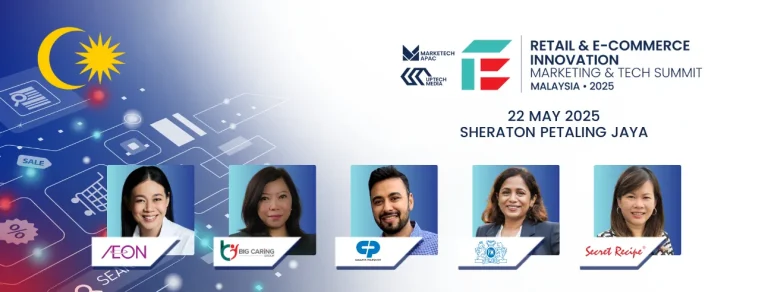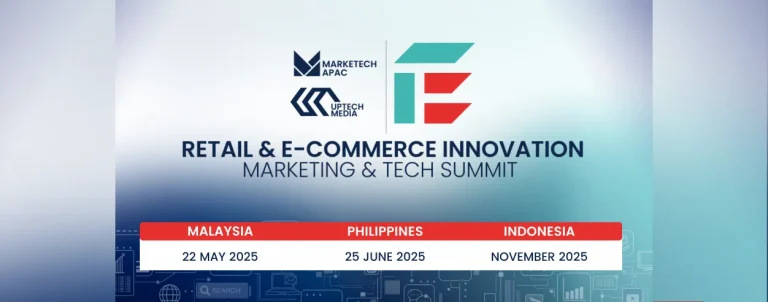Singapore – A recent study by Netskope Threat Labs analysed workplace data trends across Asia, revealing that organisations are increasingly managing the risks associated with generative AI (genAI), even as new exposures arise from broader AI platforms and autonomous agents.
Based on anonymised employee activity data from 37 countries in the APAC region, the research found that 93% of organisations have observed genAI use among staff, up from 84% in late 2024. ChatGPT, Google Gemini, and Microsoft Copilot were the most commonly used applications, while DeepSeek was the most frequently restricted platform, blocked in 46% of workplaces.
Despite improved risk management, data loss through genAI applications persists, often unintentionally. Source code accounted for 62% of policy breaches, followed by regulated information such as financial, personal, or medical data at 18%, and intellectual property at 14%. The unauthorised use of personal genAI accounts—so-called “shadow AI”—remains a concern, although it has declined sharply from 79% in late 2024 to 35%, coinciding with increased adoption of company-approved genAI tools.
“Organisations in Asia are making strides in eliminating genAI risks, but that doesn’t mean the attack surface is shrinking,” Gianpietro Cutolo, cloud threat researcher at Netskope Threat Labs, stated.
He added, “Letting AI innovation spread without security oversight poses major cyber and data security risks. Security teams should prioritise eliminating shadow AI by gaining visibility and applying controls over AI deployments among the workforce.”
The study highlights a shift in security focus as AI technology matures. Organisations are moving from consumer-grade genAI tools to enterprise AI platforms that support private models and autonomous agents on secure infrastructure.
Nearly 46% of workplaces in the region now use enterprise-grade AI environments, including Microsoft Azure OpenAI and Amazon Bedrock. However, employees experimenting with these platforms without IT oversight may introduce risks similar to those seen during early genAI adoption.
Advanced AI interfaces, such as LLM environments, also often lack integrated security controls and require careful configuration to prevent unauthorised data access. Security teams are advised to manage the permissions granted to AI agents to avoid exposure during training or operation.
The study found that 57% of organisations connect to api.openai.com, indicating widespread reliance on OpenAI-based models. The creation of custom AI models and agents on local infrastructure also introduces supply chain vulnerabilities, particularly when compromised open-source models are shared via public repositories.
Beyond AI, the research highlights ongoing threats from cloud-delivered malware and the extensive use of personal cloud applications for work. Each month, 11% of organisations detect employees downloading malware from Microsoft OneDrive, followed by GitHub and Google Drive.
While these platforms typically remove malicious files quickly, attackers exploit short detection windows. Sharing sensitive information via personal cloud accounts is also common, with regulated data representing 44% of violations.
Overall, the findings suggest that while organisations in Asia are gaining proficiency in managing genAI risks, the rapid evolution of AI platforms and agent-based systems is creating new vulnerabilities. Maintaining visibility, governance, and control over AI deployments is becoming a critical priority for data and security teams across the region.











